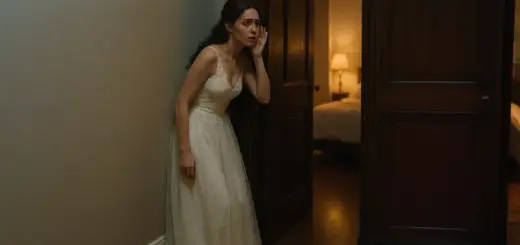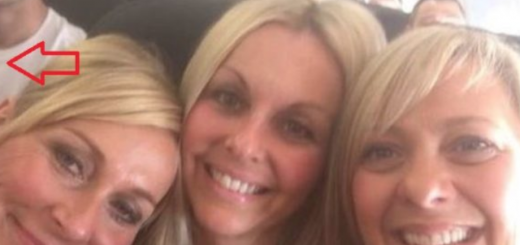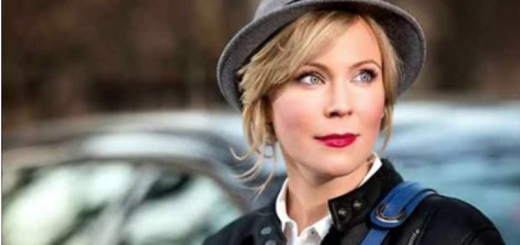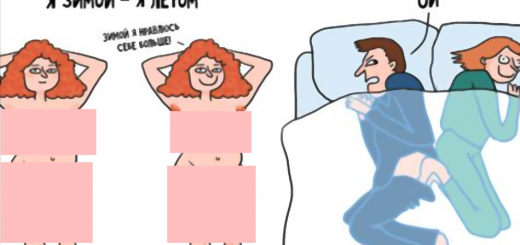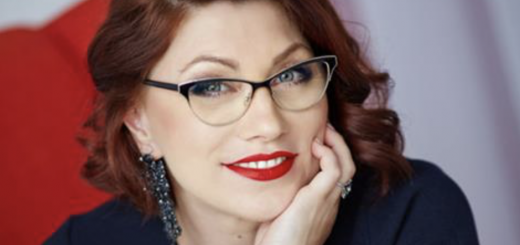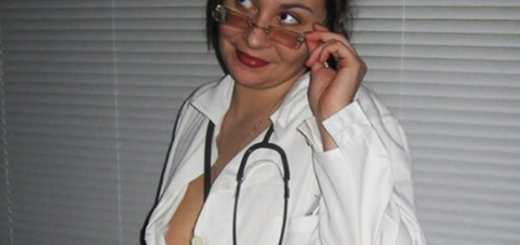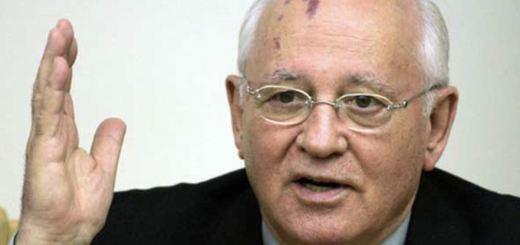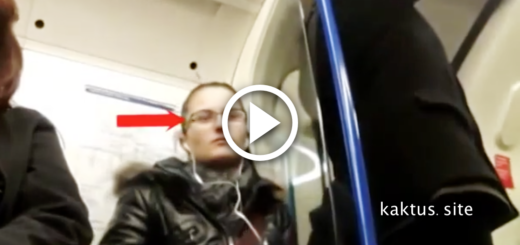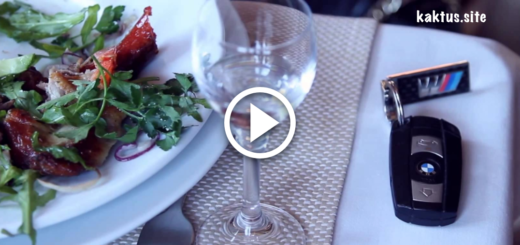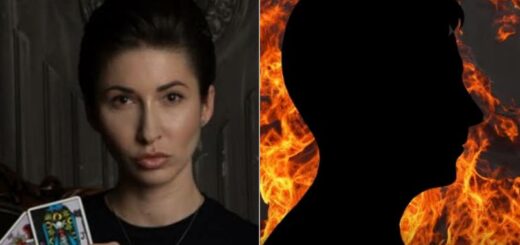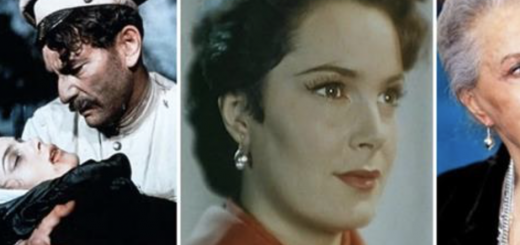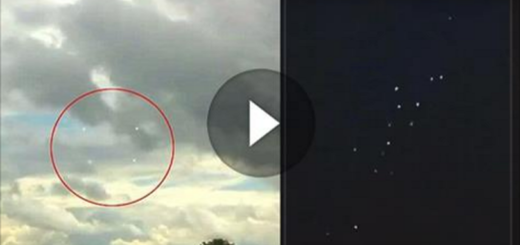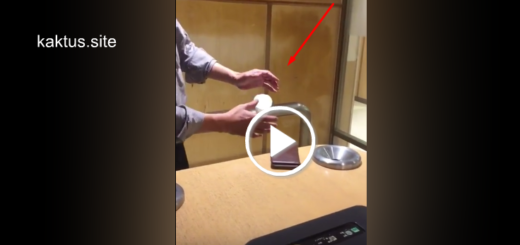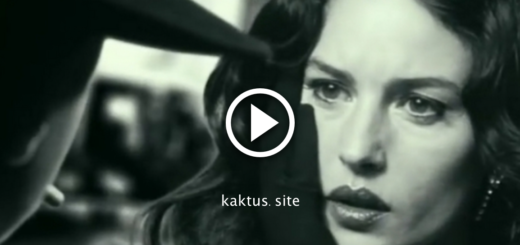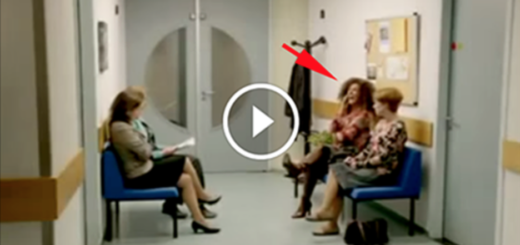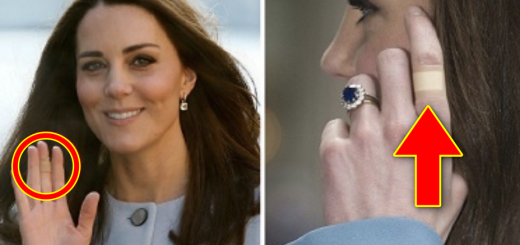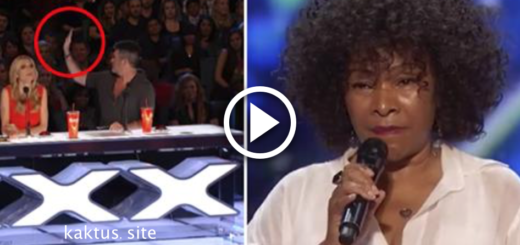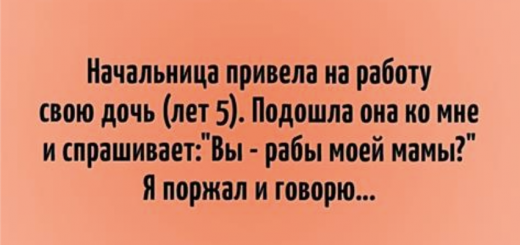The organ’s deep notes reverberated through St. Michael’s Cathedral as I stood at the altar, my hands trembling against the ivory silk of my wedding dress. Two hundred faces stared back at me—friends, family, colleagues—all waiting for the moment I would become Mrs. Nathaniel Reid. The late morning sun streamed through stained-glass windows, casting rainbow shadows across the marble floor.
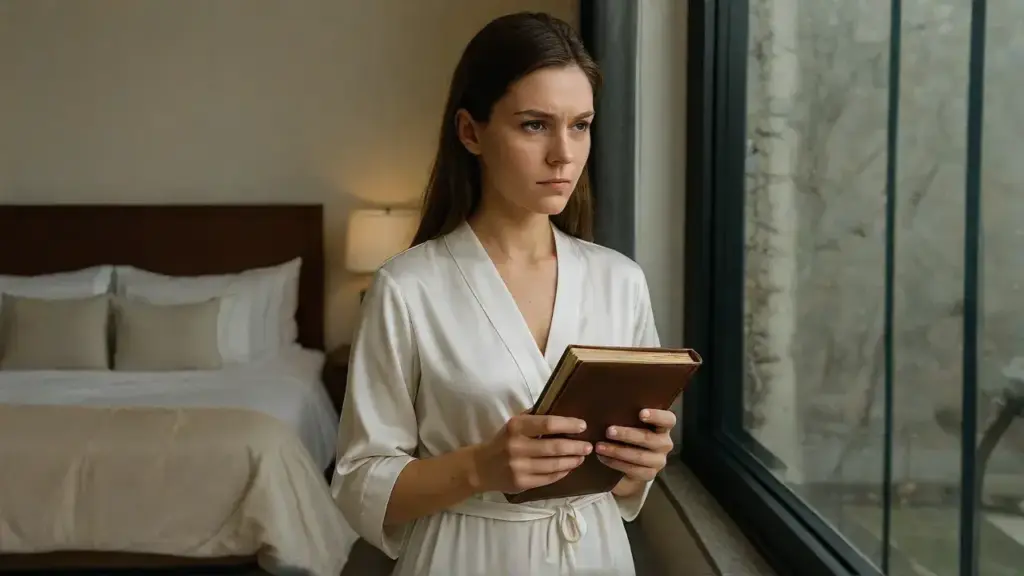
But my heart wasn’t racing with joy. It was hammering with a terrible, crushing knowledge that threatened to split me in two. How long had they been lying to me? Behind the sea of expectant faces, I could see my mother in the front pew, her emerald dress perfectly coordinated, her smile radiant. She looked like the picture of maternal pride.
Twenty-four hours ago, I would have believed that smile. Twenty-four hours ago, I still lived in a world where mothers protected their daughters and love meant something sacred.
Nathaniel squeezed my hand, his blue eyes warm with what I had once believed was devotion. «Ready for this, Celeste?» he whispered, his voice carrying that familiar confidence that had first drawn me to him three years ago. I looked into his face—the sharp jawline I’d traced with my fingers, the mouth that had promised me forever—and felt my world crystallize into perfect, terrible clarity.
«Oh, I’m ready,» I whispered back, my voice steady despite the earthquake happening in my chest. «More ready than you know.»
Three months earlier, I had been blissfully, foolishly happy. My name is Celeste Marianne Darin, and at twenty-eight, I believed I had everything figured out. I was the daughter my parents had always dreamed of, graduated summa cum laude from Georgetown with a degree in literature, worked as a senior editor at Meridian Publishing, and had just gotten engaged to Nathaniel Reid, the golden boy of our community.
Our engagement had been a fairy tale. Nathaniel, thirty-one and devastatingly handsome, was the son of Judge Harrison Reid and philanthropist Victoria Reid. He worked as a corporate attorney at one of D.C.’s most prestigious firms, drove a BMW, and had proposed to me at the Kennedy Center during the intermission of Swan Lake—my favorite ballet.
«You’re going to have such a beautiful life together,» my mother, Diana, had gushed that night, admiring the two-carat diamond ring that caught the light like captured starfire. «The Reids are such a prominent family. You’ve done well, sweetheart.»
I should have caught the way she said it: not «you’ll be happy» or «he’s perfect for you,» but «you’ve done well.» It was as if I’d completed some sort of transaction rather than found my soulmate. My father, Pastor William Darin, had been more reserved but equally pleased.
He’d built his reputation on family values and traditional morals, and seeing his only daughter marry into such a respected family felt like a blessing on everything he’d preached for thirty years. «Nathaniel is a good man,» Dad had said, pulling me into one of his warm, enveloping hugs after dinner that night. «I can see how much he loves you, Celeste. And more importantly, I can see how much you love him.» Love. The word that would later taste like poison on my tongue.
The wedding planning had consumed the next two months. My mother threw herself into the preparations with an intensity that both touched and exhausted me. She insisted on handling every detail: the flowers, the catering, the music, even my dress-fitting appointments.
«This is every mother’s dream,» she would say, flipping through magazines and making endless phone calls. «Planning her daughter’s perfect wedding.»
I was grateful for her involvement, even when she occasionally overruled my preferences. When I suggested wildflowers for the bouquet, she insisted on white roses and peonies. When I wanted a simple string quartet, she booked a full orchestra. When I mentioned wanting to write my own vows, she convinced me that traditional vows were more elegant.
«Trust me, darling,» she would say with that smile I’d inherited. «Mother knows best.»
Nathaniel seemed amused by our family dynamics. He would often drop by unannounced, charming my parents with stories from his law firm and compliments about my mother’s cooking. He and Diana would spend long minutes in the kitchen together while I finished work calls or graded manuscripts, their laughter drifting through our colonial-style house like music.
«Your mother is remarkable,» he told me one evening as we walked through Meridian Park, the same path where he’d first asked me to be his girlfriend. «She’s so devoted to making sure everything is perfect for us.»
«She’s always been like that,» I replied, squeezing his hand. «When I was little, she’d spend weeks preparing for my birthday parties. Every detail had to be flawless.»
«And they always were, I’m sure.» He stopped walking and turned to face me, his hands framing my face. «Just like you’re perfect.» I should have wondered why he spent so much time talking about my mother. I should have questioned the way his eyes would linger on her when she laughed or how he always seemed to know exactly what wine to bring that would make her light up with delight. I was so in love. And love, I was beginning to learn, makes us spectacularly blind.
The first crack appeared three weeks before the wedding. I had stopped by my parents’ house after work to finalize seating arrangements, my arms full of RSVP cards and my laptop bag heavy with manuscripts. The house was unusually quiet when I let myself in through the front door.
«Mom? Dad?» I called, setting my bags down in the foyer.
«In the kitchen, sweetheart!» came my mother’s voice, but there was something different about it—breathless, almost flustered. I found her standing at the sink, her back to me, washing dishes that looked suspiciously clean. Her dark hair, usually perfectly styled, was mussed, and when she turned around, her cheeks were flushed pink.
«Oh, Celeste, honey, I didn’t expect you so early.»
«It’s 6:30,» I said, checking my watch. «Same time I always come on Wednesdays.»
«Of course, of course.» She dried her hands on a dishtowel, avoiding my eyes. «Your father’s at the church. Board meeting.» Something felt off, but I couldn’t place what. The kitchen smelled different. Not like my mother’s usual vanilla candles, but like something else—something masculine and expensive.
«Was someone here?» I asked, settling at the kitchen island with the RSVP cards.
«What? Oh, no. Just me.» She turned back to the sink. «How was your day, darling?» I almost let it go. Almost. But then I noticed something on the counter: a coffee mug that belonged to our good china set, the one we only used for special guests. It was still warm.
«Mom, whose mug is this?» Her shoulders tensed. «It’s coffee. You only drink tea in the evening.»
«I… I was feeling tired. Needed the caffeine.» The lie sat between us like a live wire. My mother had never been a good liar. Her tells were as familiar to me as my own heartbeat: the way she avoided eye contact, the slight tremor in her voice, the compulsive dishwashing. But I loved her. And I trusted her. So I chose to believe her.
«Okay,» I said simply, opening the first RSVP card. «Let’s figure out these seating arrangements.»
The evening proceeded normally, but something had shifted. I caught my mother glancing at her phone constantly, her fingers tapping anxiously against the counter. When Nathaniel texted me around eight to say he was working late and would see me tomorrow, I noticed the way her entire body seemed to relax.
The second crack came a week later. Nathaniel had been distant, claiming work was overwhelming him. Our usual Thursday night dinners had been canceled twice, and he’d missed our cake-tasting appointment with the bakery. When I called his office, his secretary said he’d left early.
I drove to his apartment in Georgetown, a sleek high-rise with a doorman who knew me by name. The elevator ride to the 15th floor felt eternal. I knocked on his door, then used my key when there was no answer.
«Nathaniel? Are you okay?» The apartment was dark, but his car was in the garage. I called his name again, walking through the space we’d already begun planning to redecorate after our honeymoon. The living room was empty, but there was a wine glass on the coffee table—just one, but it had lipstick on the rim. A shade I didn’t recognize.
«Nathaniel!» I tried his bedroom door, but it was locked. That was strange; he never locked his bedroom door.
«I’m here.» His voice came through the wood, muffled and raw. «I’m… I’m not feeling well, Celeste. Food poisoning, I think.»
«Let me take care of you.»
«No, no. I don’t want you to catch anything. I’ll call you tomorrow, okay?»



